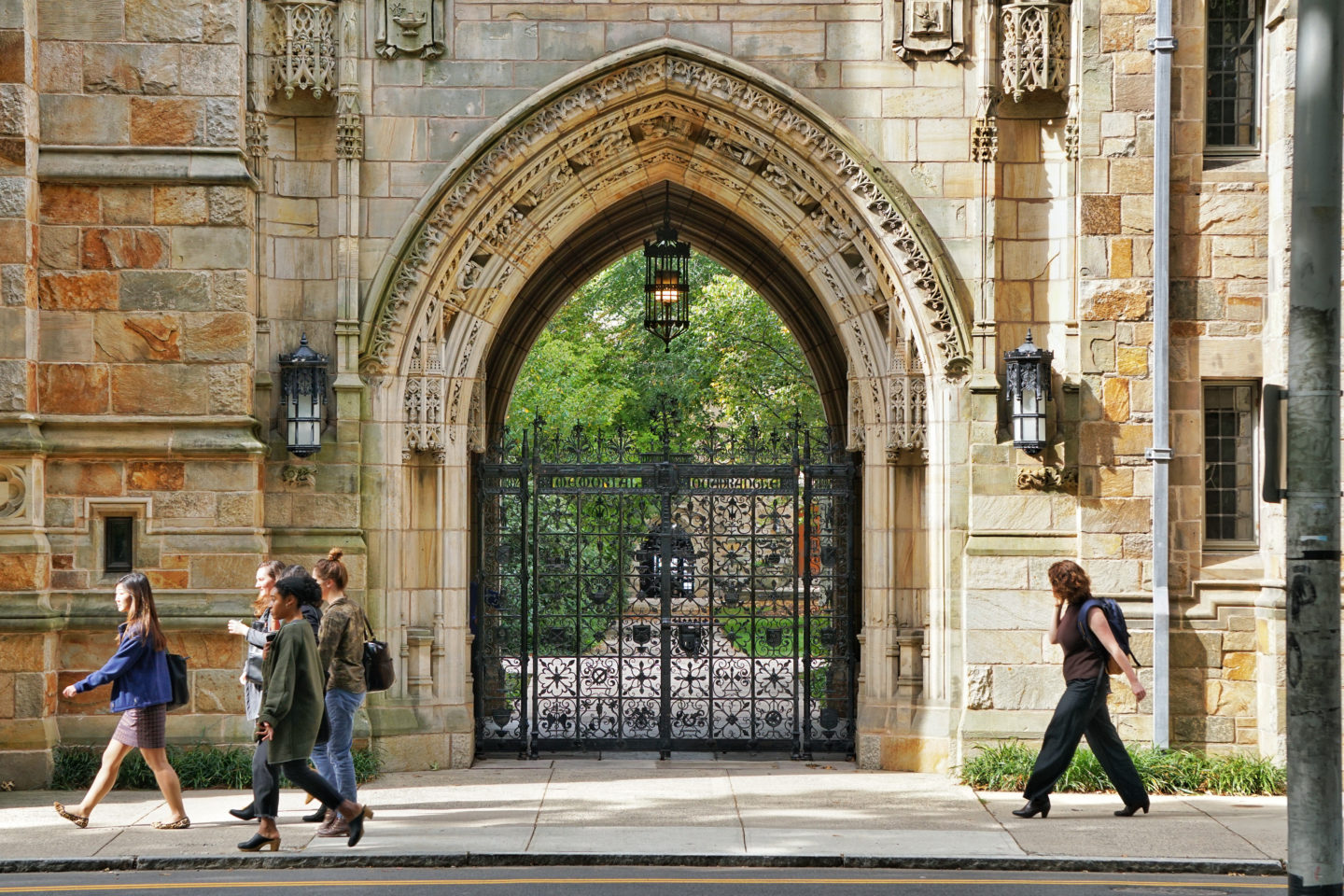
Yale announces new cannabis research center
One of the country’s most prestigious academic institutions will host a new research center dedicated to studying cannabis.
The Yale School of Medicine this week announced the establishment of “a research center to study the acute and chronic effects of cannabis and cannabinoids on neurodevelopment and mental health.”
Dubbed the Yale Center for the Science of Cannabis and Cannabinoids, the center is “directed by Deepak Cyril D’Souza, MD, Albert E. Kent Professor of Psychiatry and a leading expert on the pharmacology of cannabinoids.”
The announcement comes just weeks after Connecticut, home of the elite Ivy League university, launched legal sales of recreational cannabis.
After the regulated marijuana market went live, D’Souza sounded the alarm about cannabis use among young people.
“It’s easy for youngsters to get their hands on tobacco and alcohol, and why do we think that will not be the case with cannabis,” D’Souza told local news station WTNH.
“Exposure to cannabis … in adolescents has been associated with the development of some serious psychiatric disorders, including schizophrenia and other psychoses,” added D’Souza, as quoted by the station.
The center, as the university announced on Monday, will initially be financed “by the Psychiatric Clinic with the support of the Dean’s Office”.
“Funding will support pilot studies to develop a P50 center grant application…” the university said in the announcement, noting that interested parties must contact D’Souza.
According to a press release about the new cannabis research center, university leaders “said in their announcement that the opening of the center comes at a time of rapid commercialization of cannabis in the United States” and that the new “center will be a multi-pronged and multi-disciplinary approach to investigation.” of the acute and chronic effects of cannabis and cannabinoids.”
Sales of legal recreational cannabis began last month in Connecticut. According to WTNH, the first week of sales grossed more than $2 million.
The state legalized marijuana in 2021 when Democratic Gov. Ned Lamont, who was elected to one additional term in last year’s election, signed a bill into law.
“That’s why I introduced legislation and worked hard with our partners in the legislature and other stakeholders to create a comprehensive framework for a safely regulated market that prioritizes public health, public safety, social justice and equity.” It will help eliminate the dangerous unregulated market and support a new, growing sector of our economy that will create jobs,” Lamont said in a signing statement at the time. “By allowing adult possession of cannabis, regulating its sale and content, training law enforcement officers in the latest techniques to detect and prevent disruptive driving, and erasing the criminal records of individuals with certain cannabis crimes, we are not only effectively modernizing our laws and addressing injustices , we keep Connecticut economically competitive with our neighboring states.”
Lamont announced in December that under the state’s new cannabis law, about 44,000 people would have their previous marijuana convictions overturned in early 2023.
“On January 1, thousands of people in Connecticut will automatically have low-level cannabis convictions expunged as a result of the cannabis legalization act we enacted last year,” Lamont said in a statement at the time. “Especially as Connecticut employers are trying to fill hundreds of thousands of open positions, a previous low-level cannabis possession conviction should not deter anyone from pursuing their career, housing, work and educational goals.”

Post a comment: